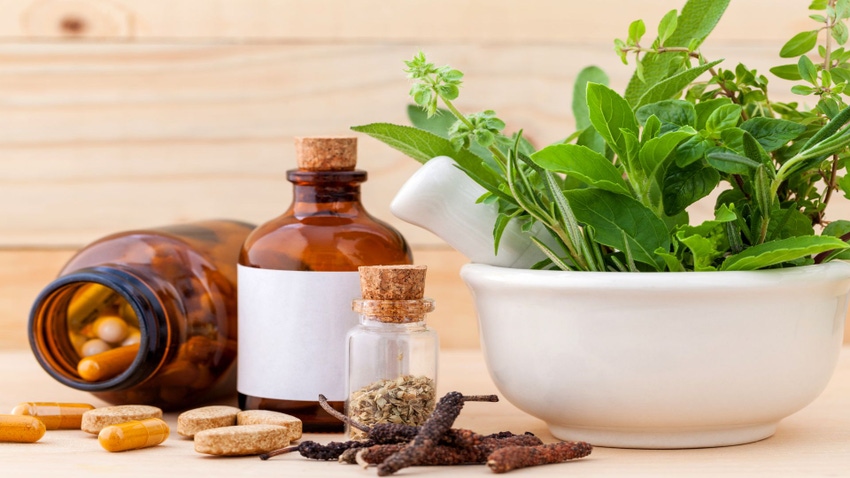Popularity of Botanicals in the U.S. Market
Boasting potential benefits for overall health and often acting as an aid to fight stress, many botanicals are gaining sales in the United States.
December 6, 2017

Botanical dietary supplements continue to be popular in the United States. The American Botanical Council (ABC) recently published the Herb Market Report 2016, which listed a number of reasons behind the current interest by consumers. Botanicals that are believed to be beneficial for overall health—rather than a specific health condition—showed greater increases in sales. In alignment with this is the uptick in sales of a number of adaptogens--substances that allow the body to better resist various stress factors. Plants in this category include ashwagandha, Asian ginseng, mushrooms and rhodiola. Another category that saw large sales increases is herbs with bitter properties, likely fueled by research emphasizing the importance of the gut microflora and its influence on the proper functioning of a number of organs. I also think the weariness of conventional drugs and the fear of negative adverse events using these drugs by some consumers are important factors that impact people’s decisions to use botanical ingredients to maintain their health.
The increased interest in herbs used in Ayurvedic medicine has also been obvious by the fact that boswellia, turmeric and fenugreek posted some of the largest gains in 2016. But the success of these herbs is not only based on an increased interest in Ayurvedic medicine, but also due to the fact that these herbs have a large body of scientific data supporting their health benefits. In addition, inflammatory conditions are very common in our society; thus, ingredients with sound data that may be used to alleviate the symptoms of some of these conditions, e.g., turmeric and boswellia, have a large pool of potential consumers.
In terms of market opportunity, the use of ashwagandha as an adaptogen seems to hold a lot of promise. There are a few clinical studies that support its restorative and adaptogenic function. In addition, ashwagandha also helps to reduce stress and fatigue, and to improve alertness. So it seems there are opportunities to market ashwagandha for a number of health benefits.
When promoting these products to consumers, it is important to base the formulation and the marketing approach on available clinical data. This is particularly true in the areas of bodybuilding, weight loss and sexual enhancement—categories for which ashwagandha has been introduced as a beneficial ingredient—where we have seen a number of “hype” ingredients that faded rather quickly.
About the Author(s)
You May Also Like




.png?width=800&auto=webp&quality=80&disable=upscale)